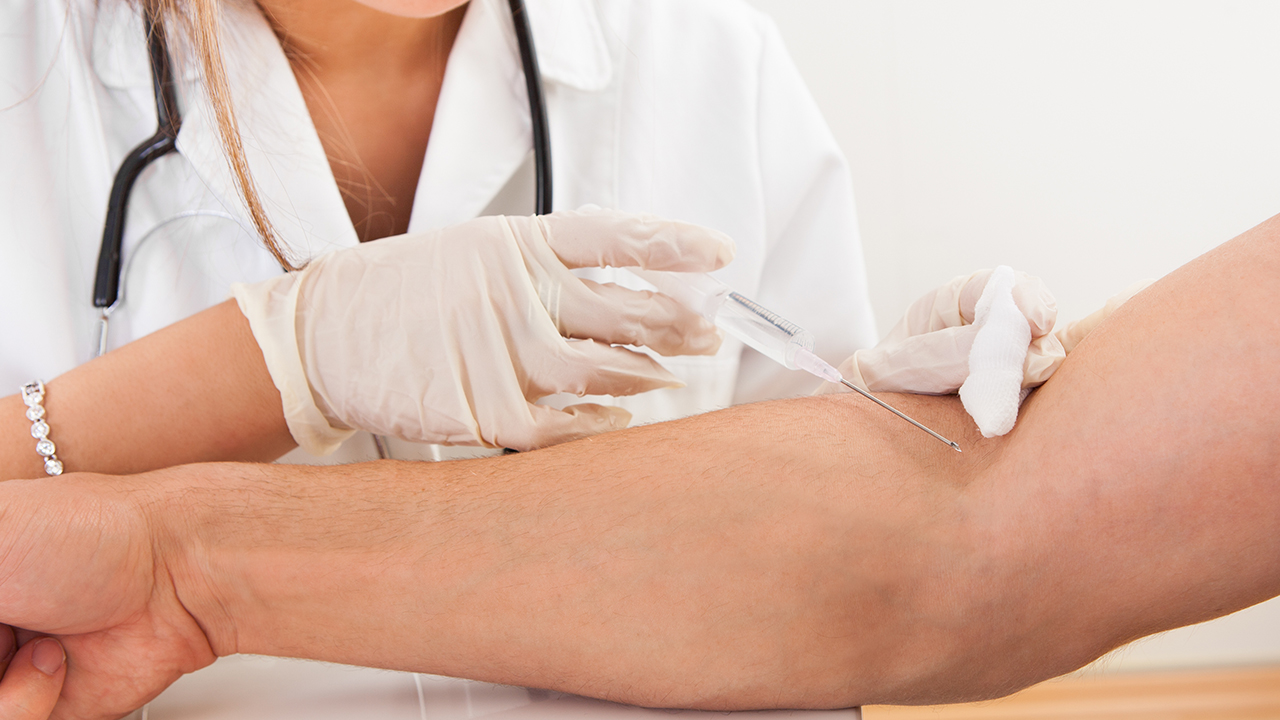Which Parts of the Body of AIDS Patients Change the Most

Skin and Mucous Membranes
The skin and mucous membranes are the first lines of defense against infection. In people with AIDS, these tissues are often damaged, making them more susceptible to infection. The most common skin problems in people with AIDS are:
Kaposi's sarcoma: This is a type of cancer that causes purple or brown lesions to appear on the skin. It is caused by a virus called human herpesvirus 8 (HHV-8).
Psoriasis: This is a chronic skin condition that causes red, scaly patches to appear on the skin. It is often worse in people with AIDS.
Eczema: This is a common skin condition that causes dry, itchy skin. It is often worse in people with AIDS.
Oral thrush: This is a fungal infection that causes white or yellow patches to appear on the tongue and inside the mouth. It is often the first sign of AIDS.
Candidiasis: This is a fungal infection that causes red, itchy skin rashes in warm, moist areas of the body, such as the armpits and groin. It is often a sign of AIDS.
Immune System
The immune system is responsible for fighting infection. In people with AIDS, the immune system is damaged, making them more susceptible to infection. The most common immune system problems in people with AIDS are:
Lymphopenia: This is a condition in which the number of lymphocytes (white blood cells that fight infection) in the blood is low. It is often the first sign of AIDS.
Opportunistic infections: These are infections that take advantage of the weakened immune system in people with AIDS. Common opportunistic infections include pneumonia, tuberculosis, and cytomegalovirus (CMV).
Nervous System
The nervous system is responsible for controlling movement, thought, and emotion. In people with AIDS, the nervous system can be damaged, leading to a variety of problems. The most common nervous system problems in people with AIDS are:
HIV-associated dementia: This is a condition that causes a decline in cognitive function, including memory, attention, and concentration. It is often the first sign of AIDS.
Peripheral neuropathy: This is a condition that causes damage to the nerves in the arms, legs, hands, and feet. It can cause numbness, tingling, and pain.
Guillain-Barr茅 syndrome: This is a condition that causes paralysis of the arms, legs, and respiratory muscles. It can be fatal if not treated.
Digestive System
The digestive system is responsible for breaking down food and absorbing nutrients. In people with AIDS, the digestive system can be damaged, leading to a variety of problems. The most common digestive system problems in people with AIDS are:
Esophageal candidiasis: This is a fungal infection that causes white or yellow patches to appear in the esophagus. It can cause pain and difficulty swallowing.
Gastroenteritis: This is an inflammation of the stomach and intestines. It can cause diarrhea, vomiting, and abdominal pain.
Hepatitis B and C: These are viral infections that can cause liver damage. They are often more severe in people with AIDS.
Respiratory System
The respiratory system is responsible for breathing. In people with AIDS, the respiratory system can be damaged, leading to a variety of problems. The most common respiratory system problems in people with AIDS are:
Pneumocystis jirovecii pneumonia: This is a fungal infection that causes pneumonia. It is often the first sign of AIDS.
Tuberculosis: This is a bacterial infection that can cause lung damage. It is often more severe in people with AIDS.
Cytomegalovirus (CMV): This is a viral infection that can cause lung damage. It is often more severe in people with AIDS.
Cardiovascular System
The cardiovascular system is responsible for pumping blood throughout the body. In people with AIDS, the cardiovascular system can be damaged, leading to a variety of problems. The most common cardiovascular system problems in people with AIDS are:
Cardiomyopathy: This is a condition that causes
The above is all the content that the editor wants to share with you. I sincerely hope that these contents can bring some help to your life and health, and I also wish that your life will be happier and happier.
Tags: #of #the #which- • The correct diagram of the pregnancy test stick, one deep and one shallow
- • Detailed explanation of pregnancy checkup schedule
- • Self-assessment of kidney yin deficiency, kidney yang deficiency, and how to tre
- • Life expectancy of nasal type nkt advanced lymphoma
- • Be careful of staying up late to induce uterine fibroids















